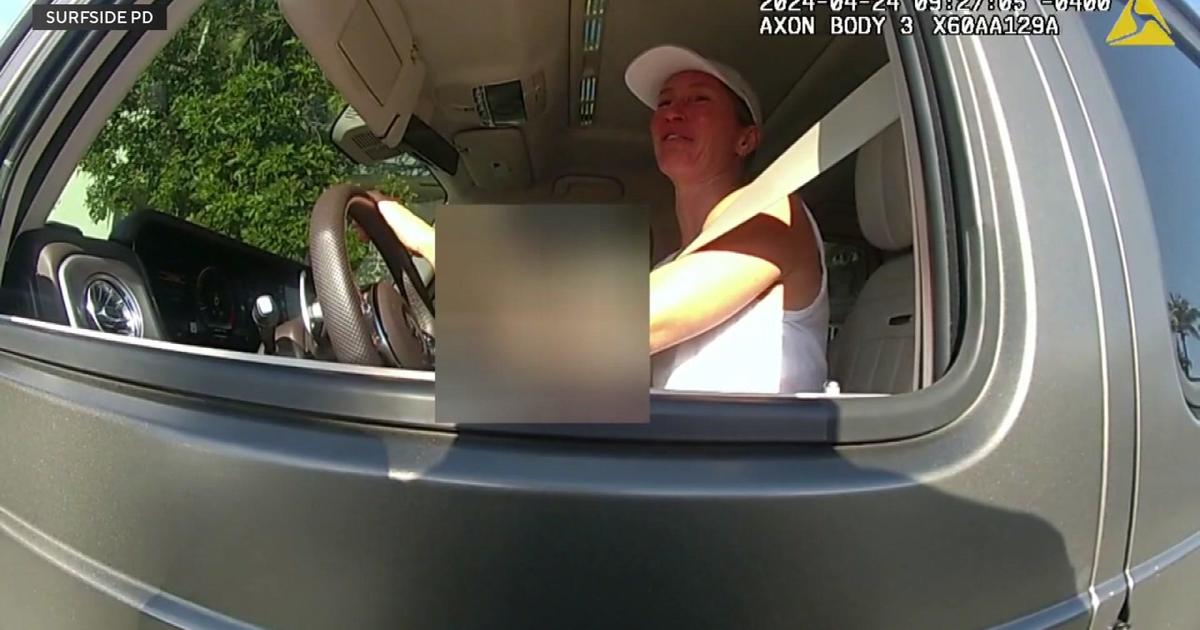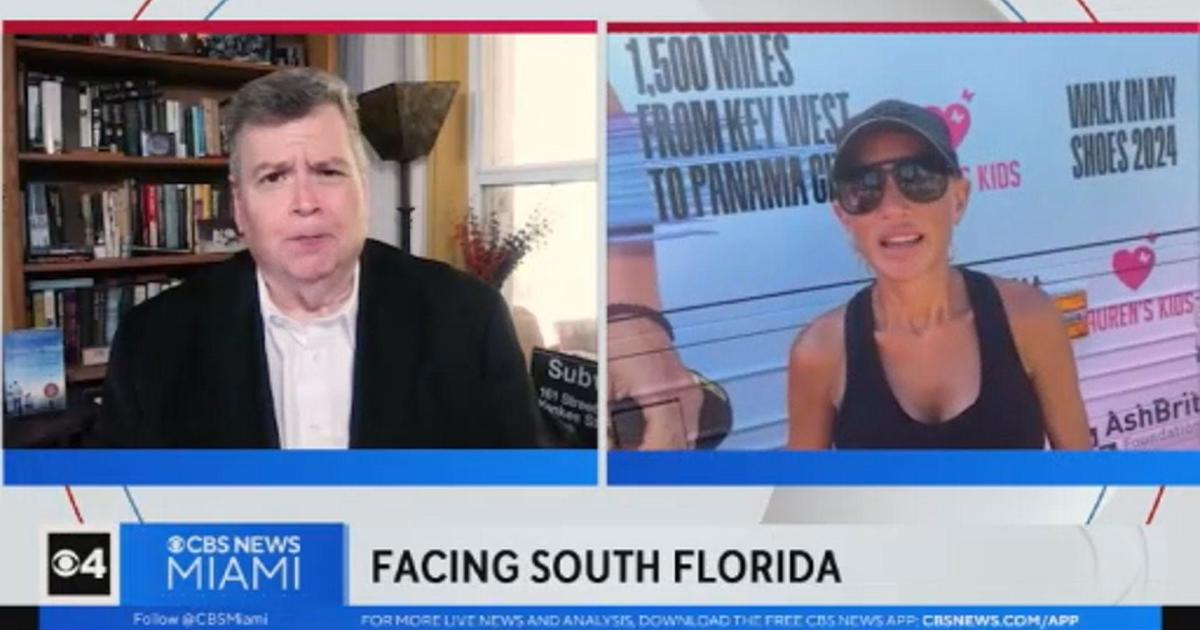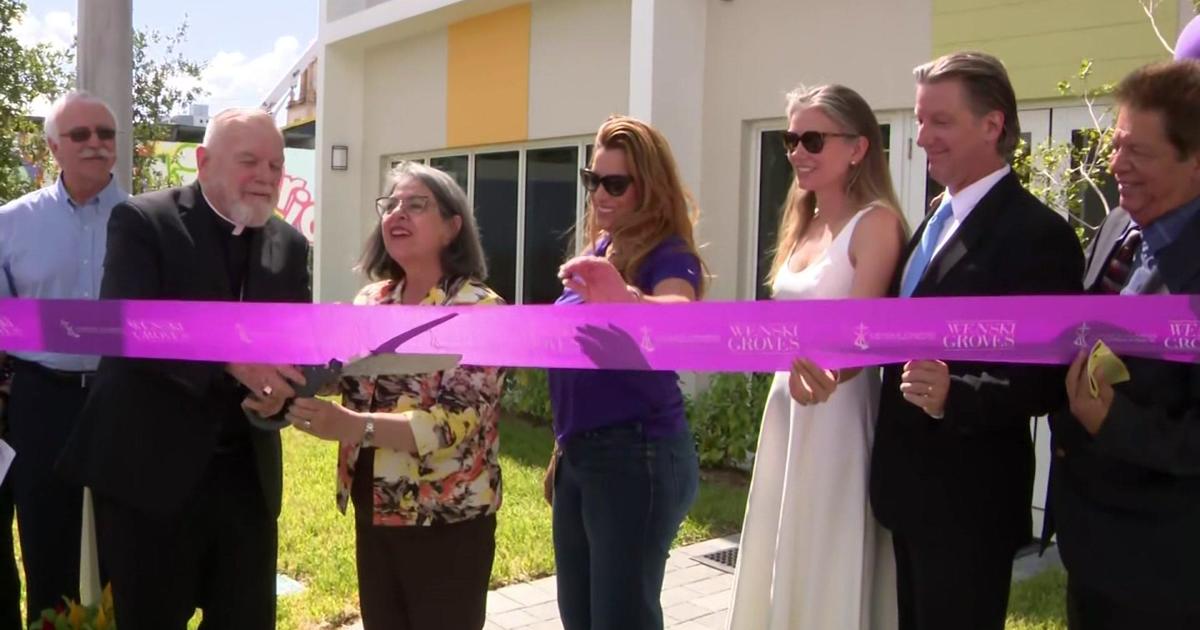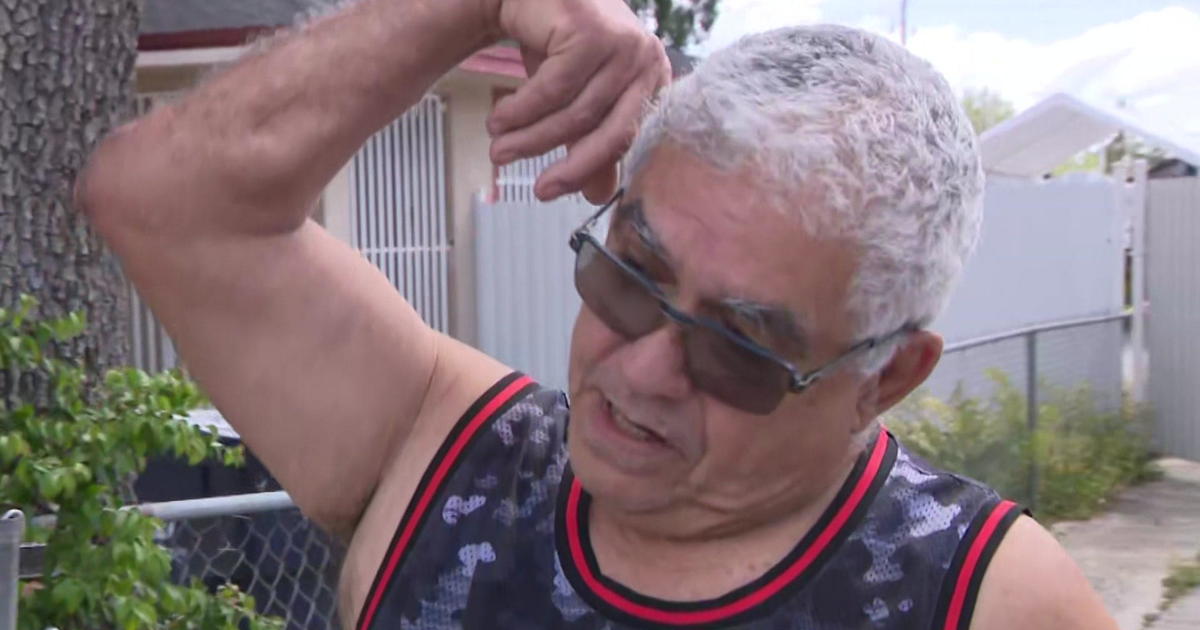Senator Marco Rubio questions behavior of Cuban asylum seekers
MIAMI - Senator Marco Rubio has ignited a debate after his remarks concerning those coming from Cuba seeking asylum in the US.
"If you come from Cuba, you are presumed to be fleeing political persecution, so you're automatically eligible for refugee cash, you're eligible for food stamps, and within a year you can apply for a green card, then you can travel to Cuba as often as you want," Rubio said during a Senate Appropriations Committee meeting.
Rubio questioned Alejandro Mayorkas, the Secretary of the Department of Homeland Security, about the seeming contradiction between the refugee status of Cubans and their frequent return visits to Cuba.
Rubio said some Cubans travel multiple times to their homeland, unlike other migrants who apply for the same status.
"Some people go back to Cuba for three months at a time, they've been here one year," said Rubio.
"I do think if they are fleeing repression from Cuba, they should not go back at all," said Cuban American Yusdrivier Rodriguez
"I agree to an extent with him (Senator Rubio), said Alexis Acosta, who arrived Monday night from Havana.
Acosta has lived in the US for 26 years. His most recent trip to Cuba was to visit his elderly parents.
"I've gone seven times (in all these years), only because my parents are there," said Acosto.
He thinks the policy toward Cubans needs to change.
"Cubans are not refugees, they're paroled in the United States," said Cuban-American immigration attorney Willie Allen.
Allen said some migrants, including Cubans, get aid in the state of Florida because of an act approved in the 1980s.
"Every Cuban and every Haitian that has been paroled into the United States could receive in Florida food stamps and some cash assistance for a period of time," said Allen.
Allen said the issue brings into focus the Cuban Adjustment Act, which provides an expedited route for Cuban citizens to request permanent residence in the U.S. after one year and one month, as addressed by Rubio.
"If you came as a Cuban, asked for asylum, withdrew the asylum, and became a resident through the Cuban Adjustment Act you have no restrictions to travel back to Cuba," said Allen.
Now in order to be covered by the Cuban Adjustment Act, the person must have entered the U.S. legally. Those who did it by coming in rafts or boats, or through the southern border, do not qualify for the benefit.



